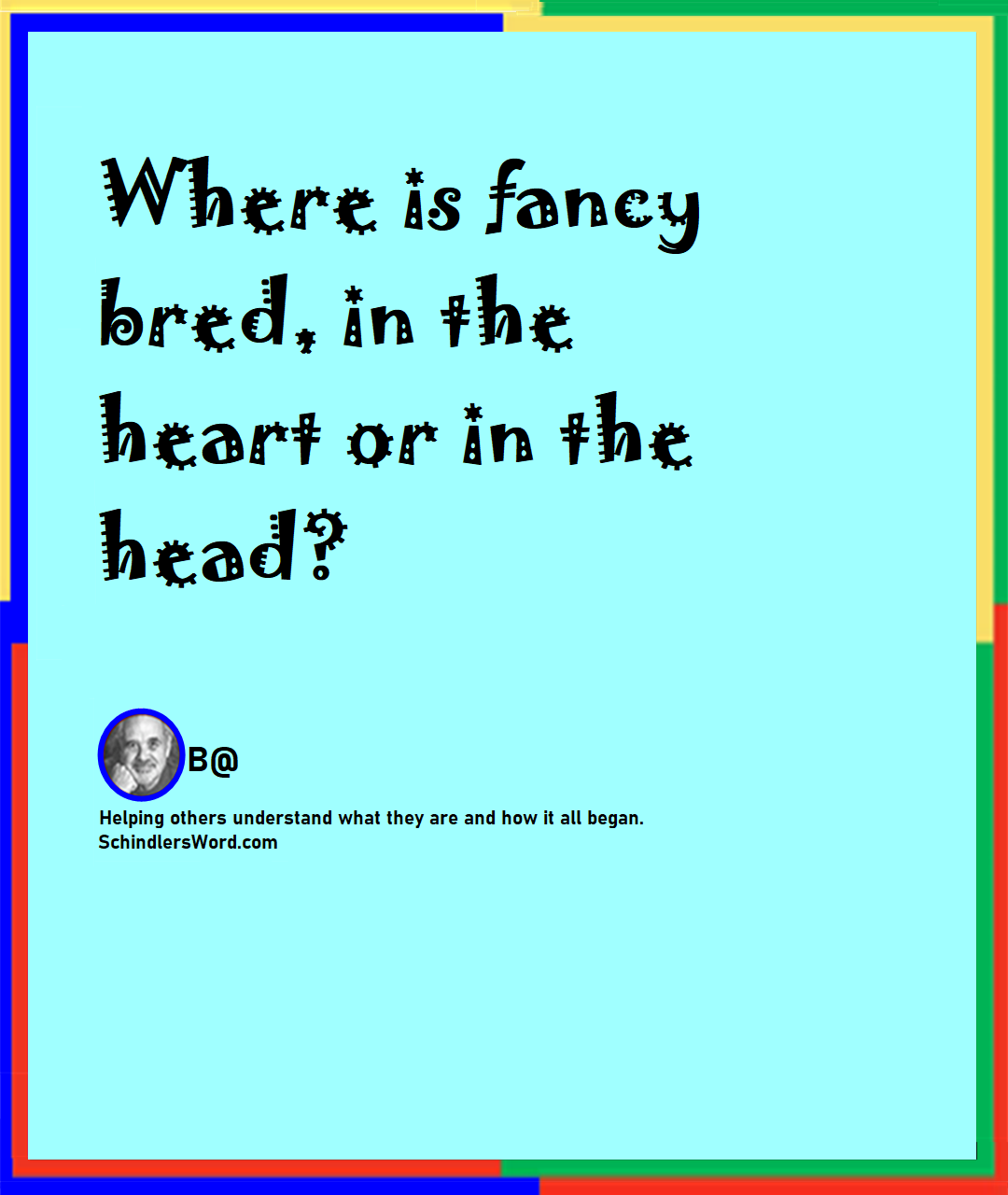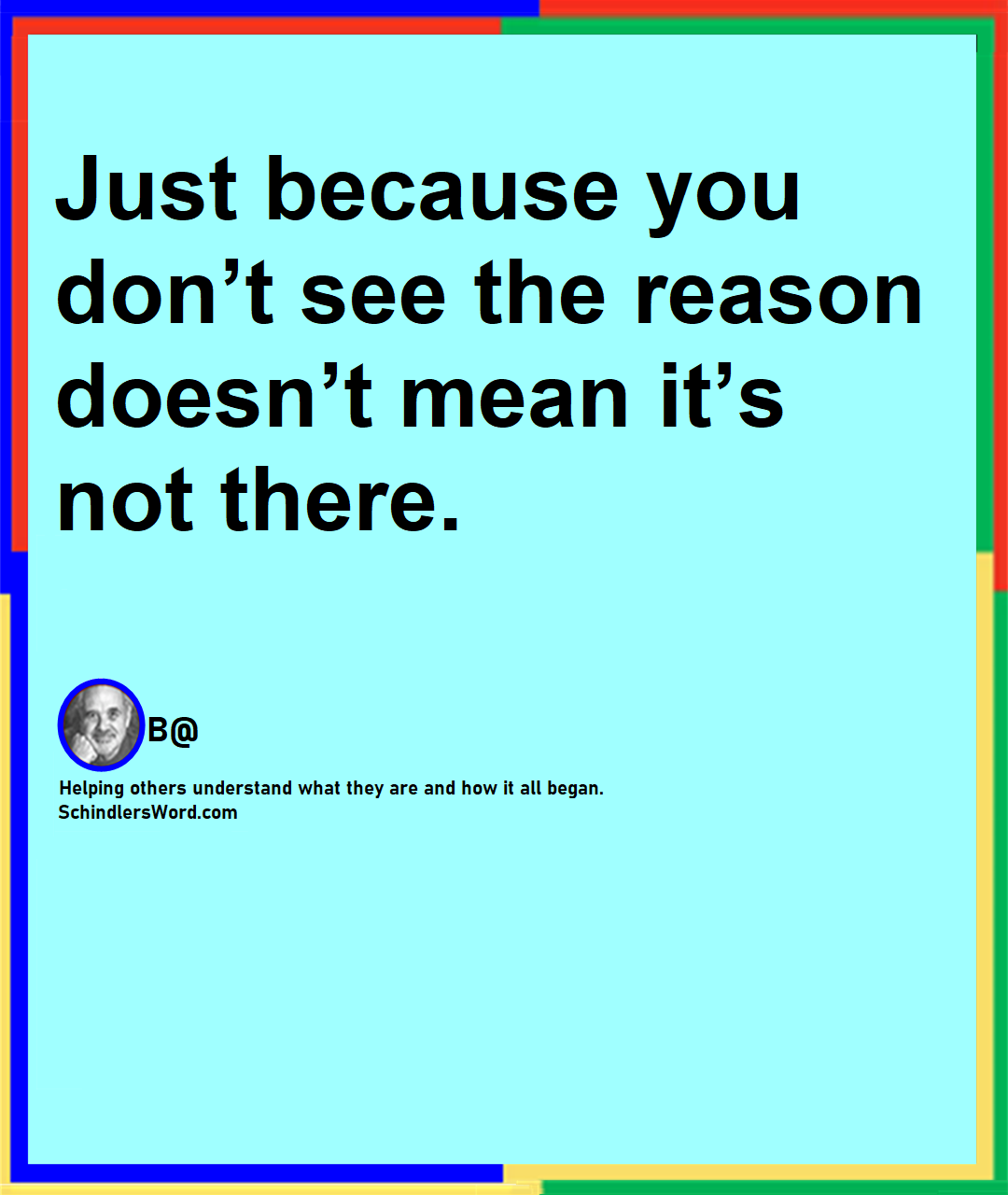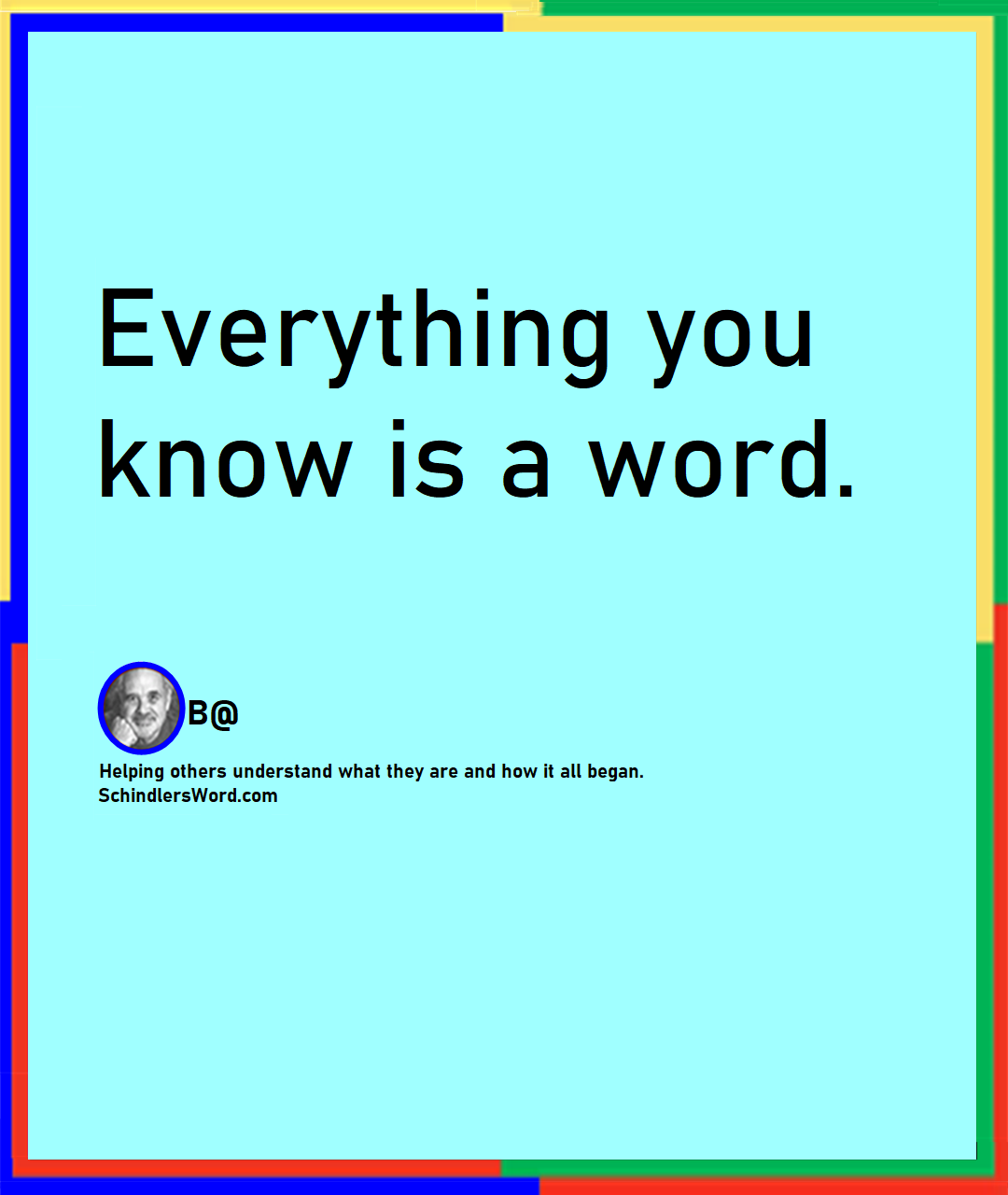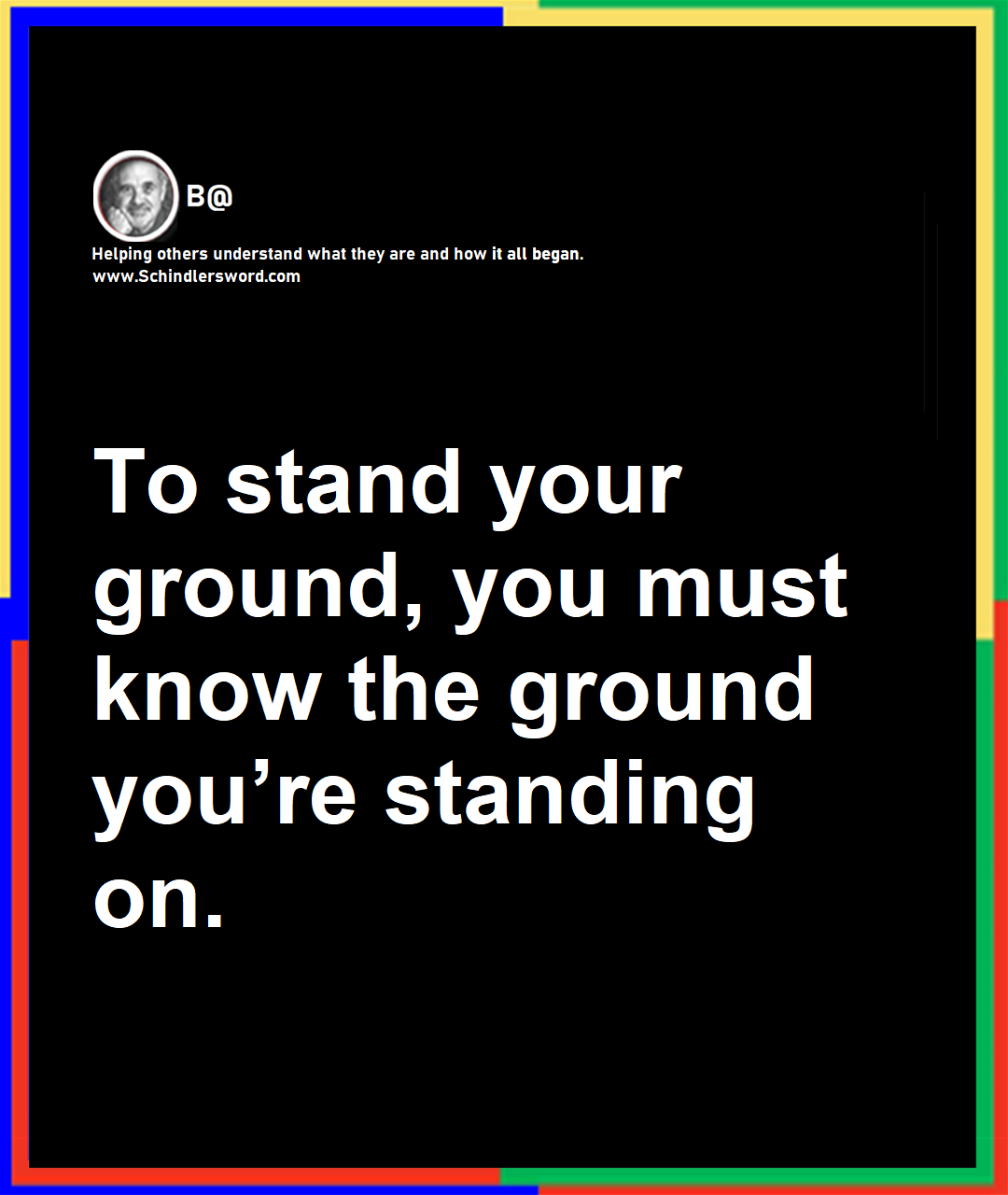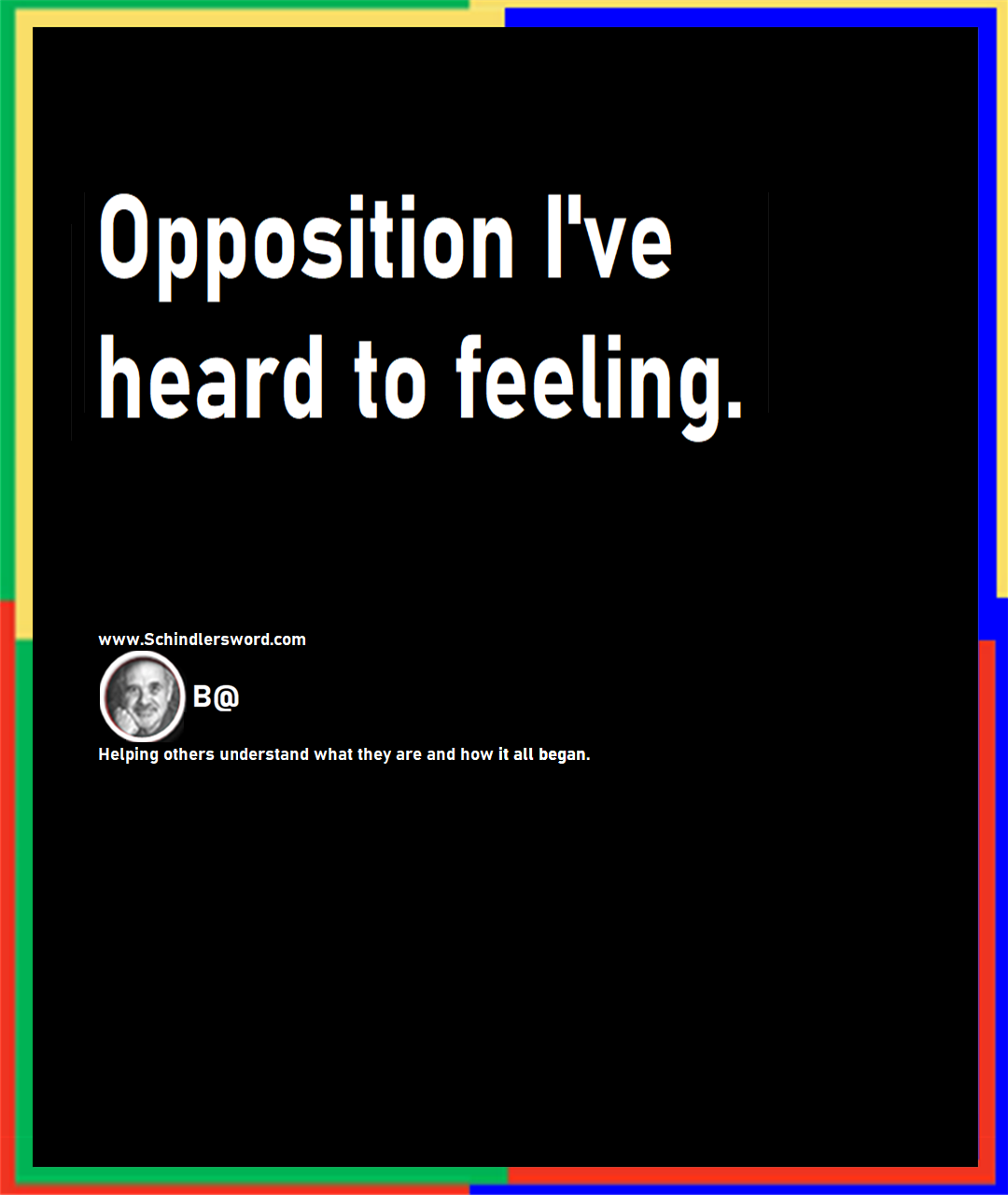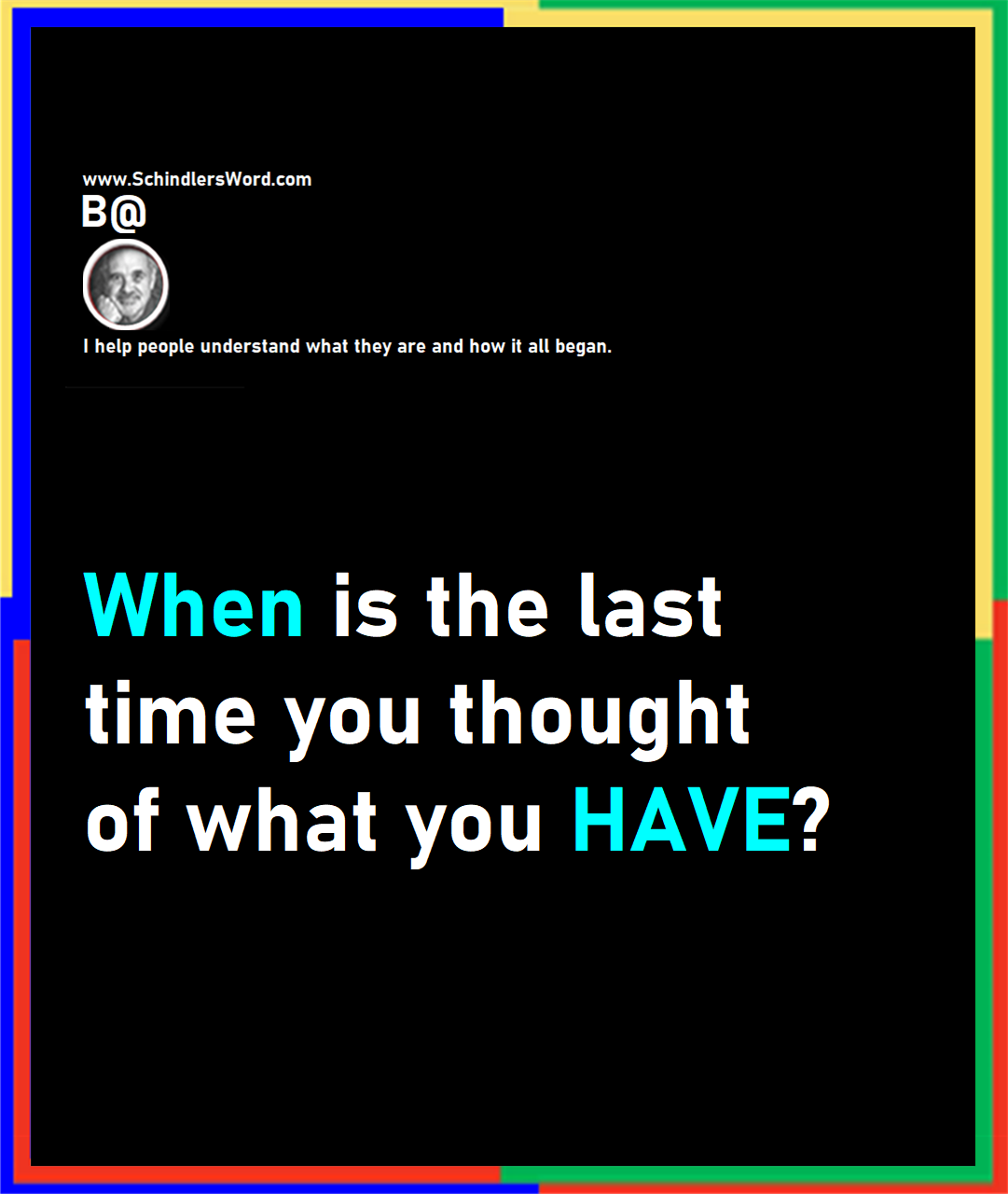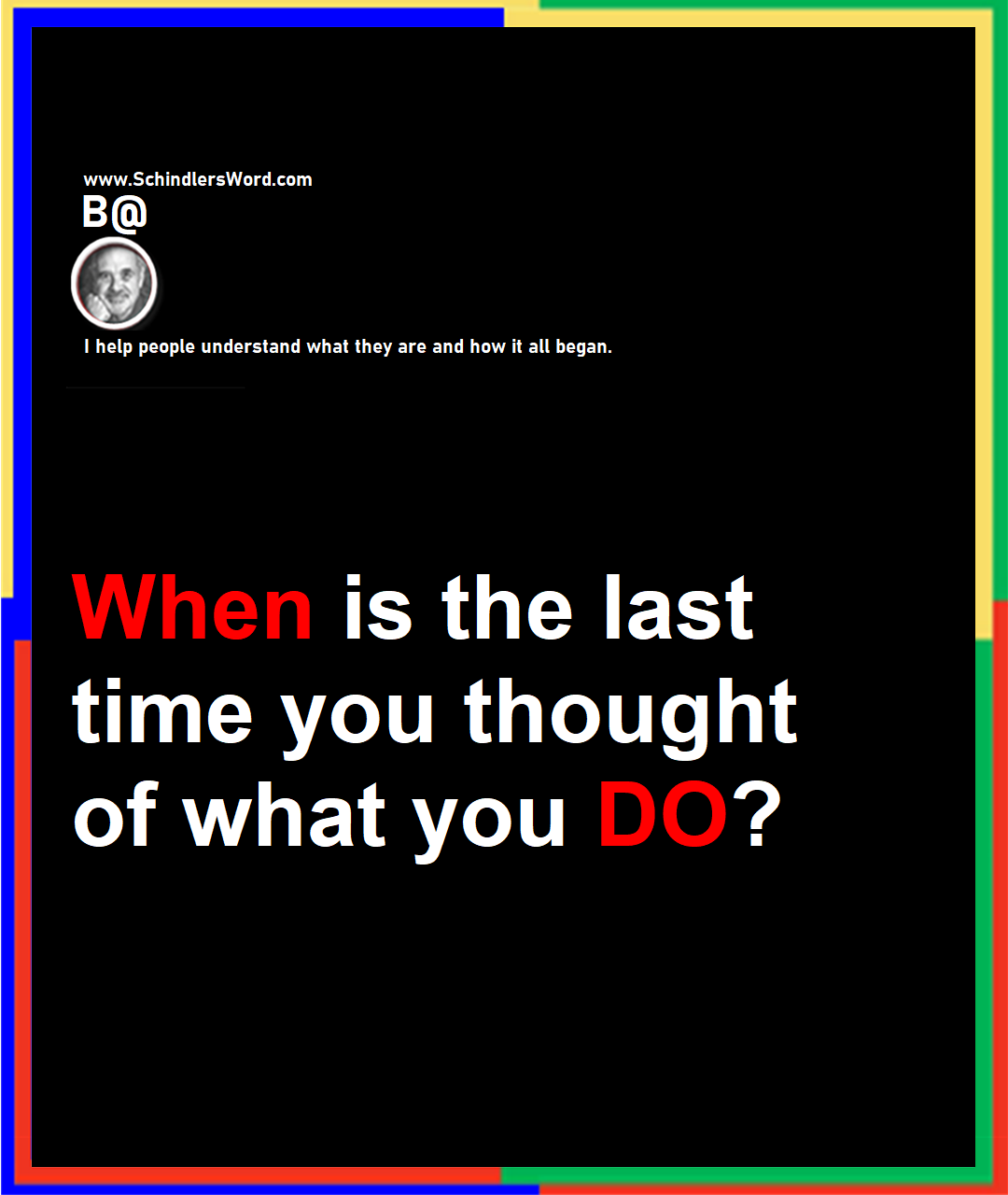The word-users that achieve their vision know that vision is no different to every other word they have a word for, defeat the odds, keep going when the going gets tough, which it will, become famous eventually, and don’t have anything you couldn’t have, too. The only thing they have, but you could have too, is a dream taken seriously, also known as a vision. A vision is nothing more than a dream taken seriously,
July 12, 2024
Where is fancy bred, in the heart or in the head?
Where is fancy bred, in the heart or in the head? The “Where is fancy bred, in the heart or in the head?” is a Shakespeare quote. As happens with many Shakespeare quotes, the word-users agree with what the great William says, is how it usually works. Of course, “Where is fancy bred, in the heart or in the head?” is one of those questions that answers itself. If you want to breed fancy, you
There’s a reason to… …why in the beginning is the word is written in the Bible, but the Bible-readers don’t want you to believe it. …why you believe in talking fictional characters such as gods and James Bond, trees, tea pots, flowers, animals, mountains, and toys. …why in the wordless world of the energy, fire, earth, wind, water, elements, cells, plants, and animals — also known as nature — life doesn’t exist because everything we
July 9, 2024
Everything you know is a word
Everything you know is a word. Begs the question of how much do you know about your words, doesn’t it? Do you know that words don’t have meaning, that they just are? If given a choice from which for you to decide, what would you rather trust, A) the meaning given to words by word-users you don’t know or, B) the meaning of words given by you. If you decide A), that means you’ll never
When things are upside down, that is when what’s happening in the world without you defines what’s going on in the universe within you, then you exist as others have decided for you, as opposed to what you have decided for yourself. The alternative is to stand your ground. Have what’s going on within you determine what’s going on without you. The alternative is to turn the tables. The choices — also known as options,
July 6, 2024
Opposition I’ve heard to feeling.
Sometimes the opposition I hear to feelings is “Thinking beats feelings.”Other times it’s “What’s the difference between feeling and emotion?”In other words, opposition to feelings depends on what I’m listening or talking to. Feeling and emotion are different, and to say of two that they are identical is nonsense, and to say of one that it is identical with itself is to say nothing. Feelings I understand because I feel as we speak. Emotions I
Maybe it’s been a while since you last thought of… …what you have — as opposed to what you are and what you do. Did you make a list? If not, expect to be surprised by how long the list of you-haves is. In fact, it’s too long for a post. But not to worry. I’m working on a book called YOU that will address what you have in full. But until the YOU book
When is the last time you thought of what you DO? As promised by the headline, today’s post is… …about what you DO. YOU DO RESPOND TO STIMULUS You respond to stimulus is all you’ll ever do, even after you’re dead. For this, there are several reasons: Whether you like it or not. You’re not asked. You are energy. Energy doesn’t ask, is everywhere, and permanent, and responds to itself instead. To name a few.

